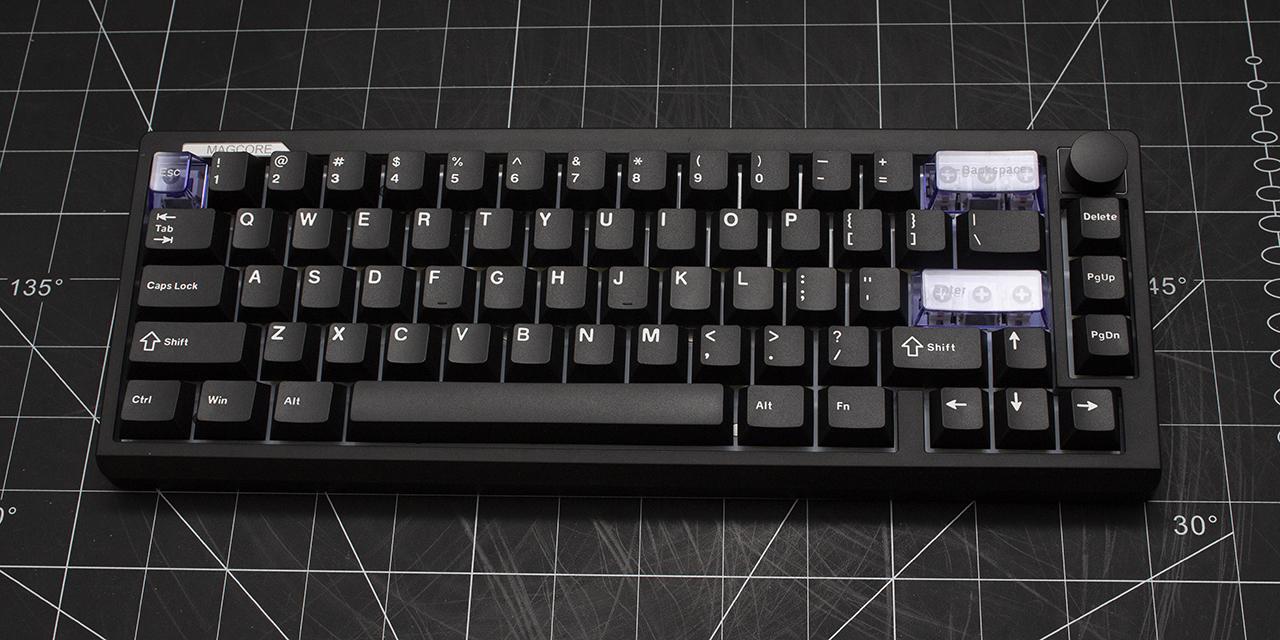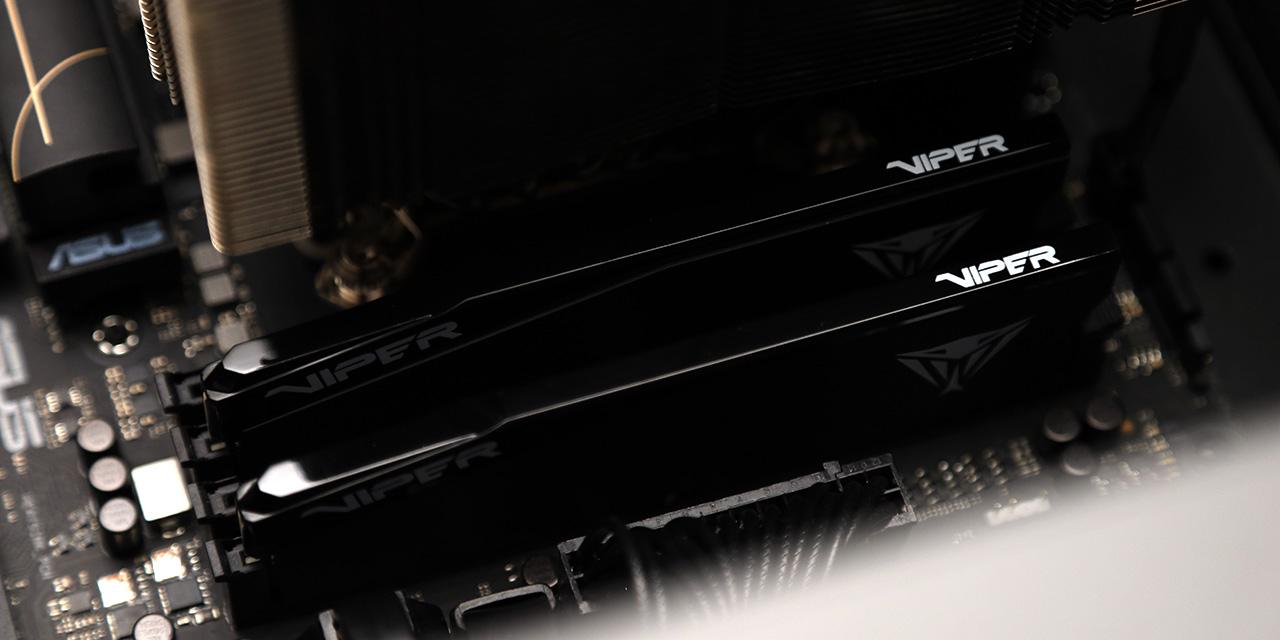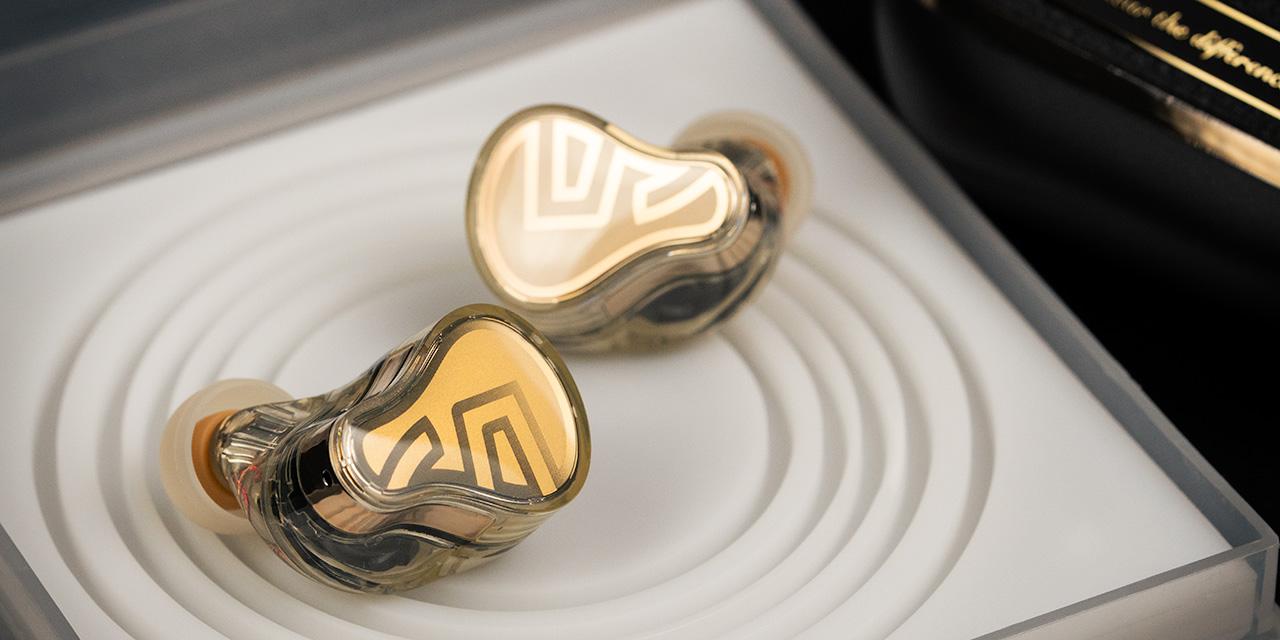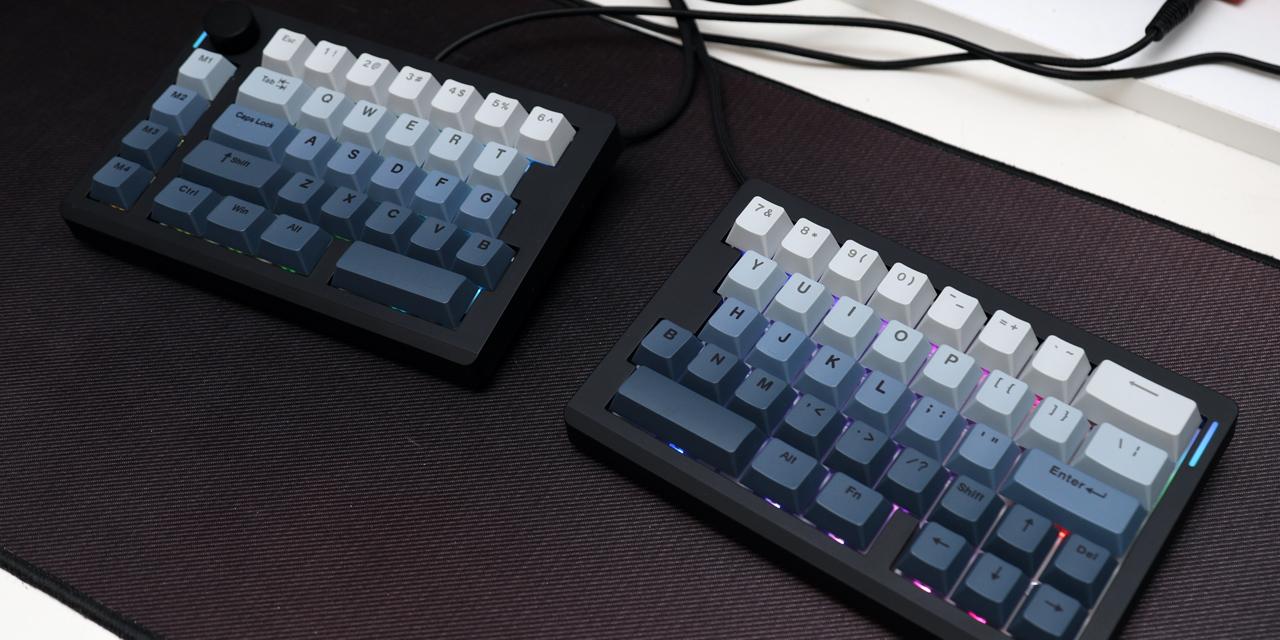From EETimes: Microsoft is expected to announce a partnership in April to dive into the Internet of Things with its veteran PC partner, Intel. The two are expect to deliver an IoT offering that supports Intel's Quark, a Pentium-class processor for the IoT.
It's not clear whether the work will focus on embedded versions of Windows, Windows Phone, or another code base. Whether the work includes hosted IoT services using Microsoft's Windows Azure cloud service also is unclear.
Neither Microsoft nor Intel responded to requests for interviews on the topic today. The plan is expected to be announced at Microsoft Build in San Francisco.
The Wintel duopoly has ruled the PC market from its early high-growth days until the present. Now that PC growth has leveled off, it makes sense for the two to collaborate on emerging markets in the IoT.
"Much of their deployed base in the embedded market remains interwoven," Christopher Rommel, an analyst covering the IoT at Venture Development Corp., told us. "It only makes sense that they would look to cater to the desires and needs of their existing customer base with a joint roadmap and solution for small-footprint devices." He has not been briefed on any specific product plans from the two companies.
For Intel, an IoT partnership with Microsoft "would be a further demonstration of their commitment to support a range of operating systems for small-footprint devices – beyond Wind River and Android," he said. "For Microsoft, it would serve as a an opportunity to push down to device classes historically served by more traditional real-time operating systems that CE/Compact couldn't even address previously."
Microsoft is likely to tap other microprocessor partners for the IoT. Its Windows RT and Compact 7 already support ARM, opening the door to a smorgasbord of integrated, low-power processors well suited for IoT apps.
The company has something of a checkered history in embedded operating systems. It has rolled out several versions of platforms based on subsets of its Windows code, but it has often taken heat for not providing adequate support, especially for real-time features. Nevertheless, it has a significant installed base in embedded systems, a wide community of Windows developers, and an opportunity to tie together its device software with Azure cloud services.
Competitors are eyeing similar opportunities. Apple CEO Tim Cook has talked in vague terms about changing the "user experience" of living in ways that suggest it could be working on a consumer IoT cloud service. IBM already has an IoT cloud service for businesses, and Cisco Systems is expected to launch one soon.
"I don't know how people will react to a version of Windows for IoT," Chad Jones, vice president of product strategy for Xively, which provides cloud IoT services based on the platform of its parent company, LogMeIn, told us. "In the end, more companies jumping into this market will increase the pie."
View: Article @ Source Site





